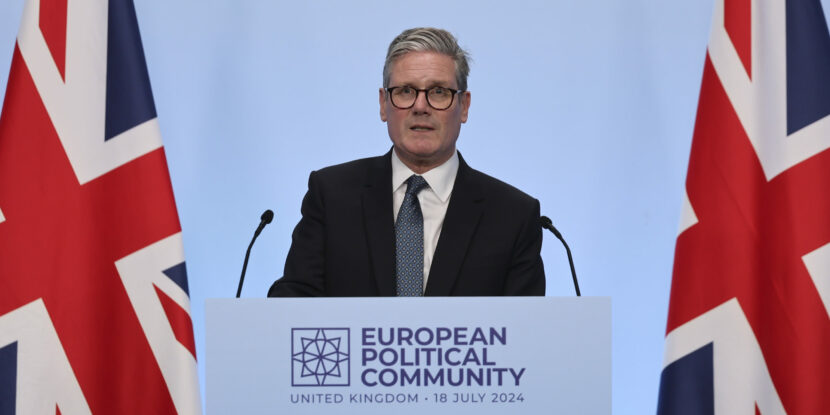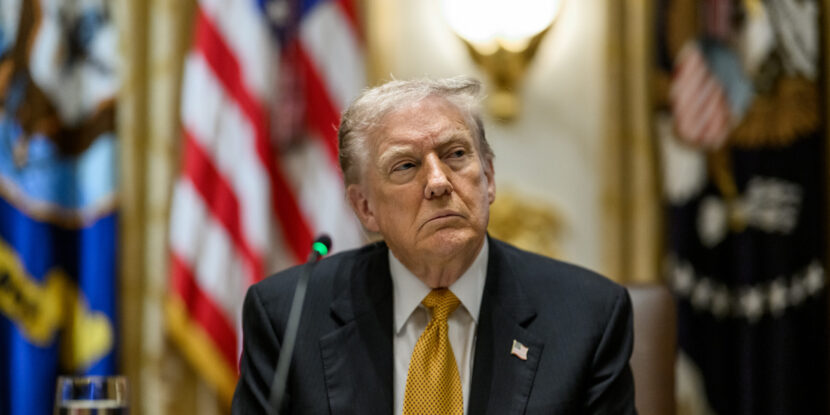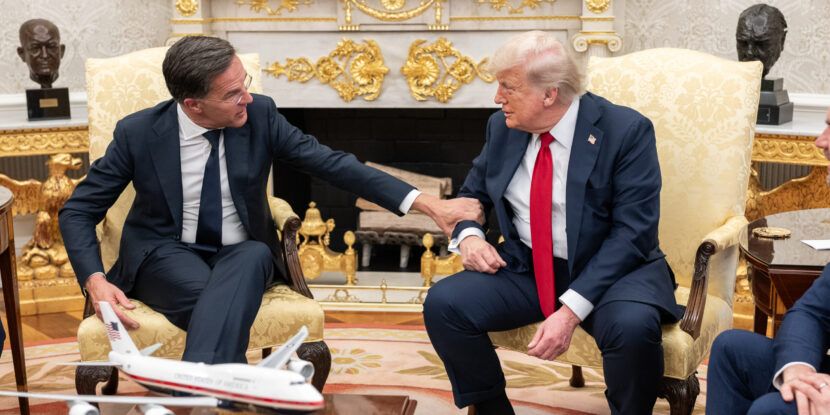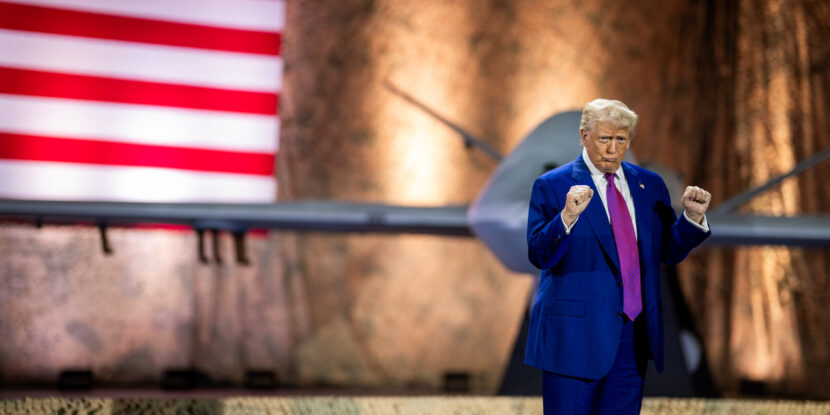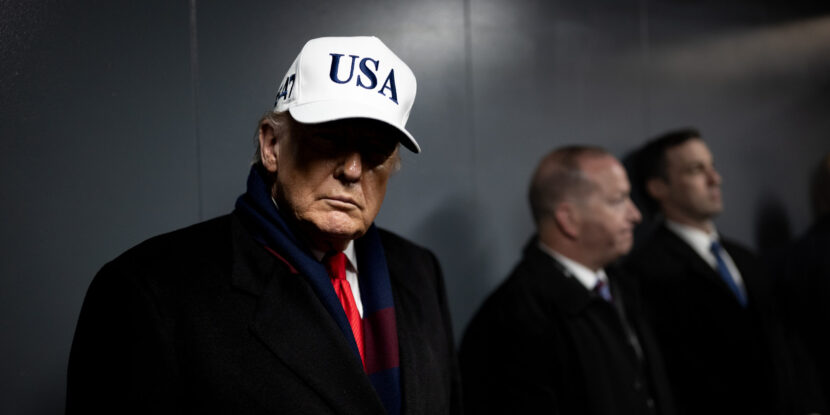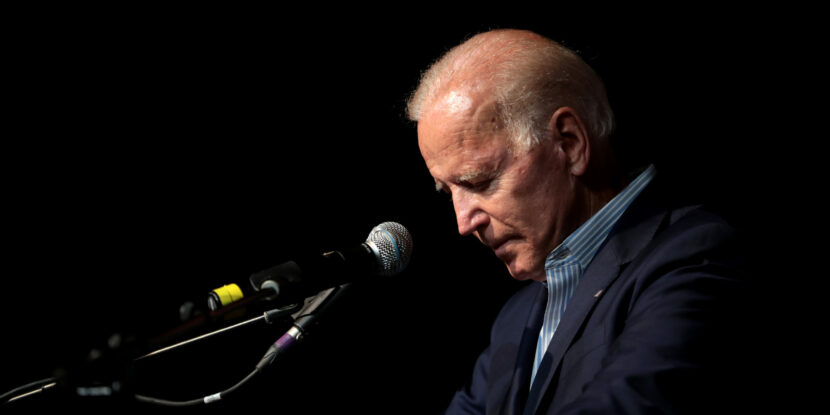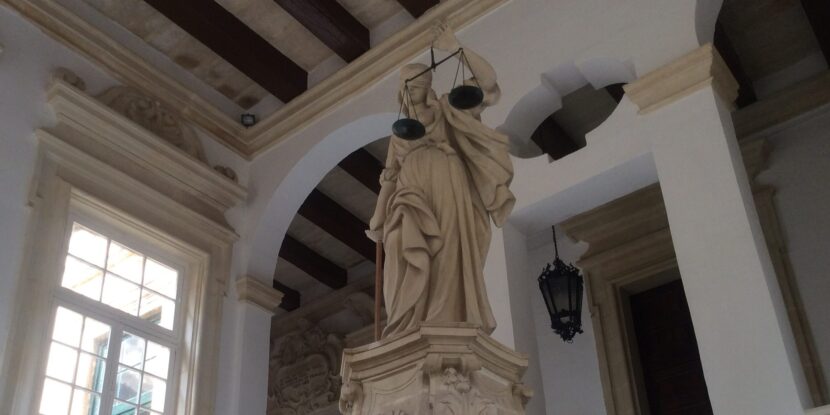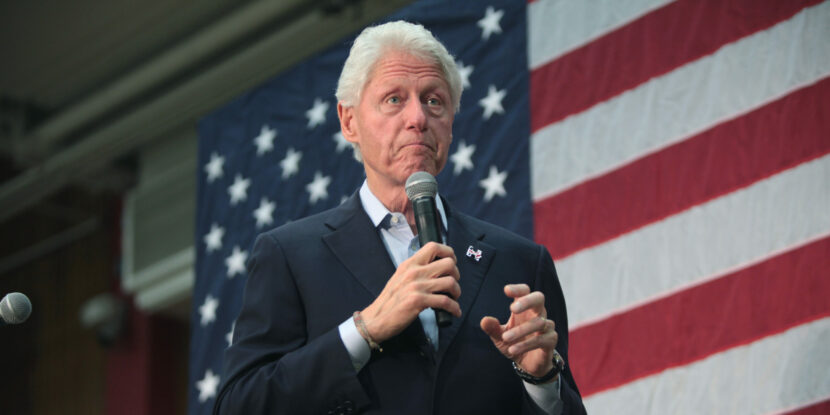PULSE POINTS:
❓What Happened: A new post-Brexit trade agreement between the United Kingdom and the European Union (EU) was announced, with claims it will boost the British economy by £9 billion by 2040.
👥 Who’s Involved: Prime Minister Sir Keir Starmer, European Commission President Ursula von der Leyen, Conservative Party leader Kemi Badenoch, Reform Party leader Nigel Farage, and Liberal Democrat leader Sir Ed Davey.
📍 Where & When: The deal was unveiled at a UK-EU summit held at Lancaster House, London, on Monday, May 19, 2025.
💬 Key Quote: Sir Keir Starmer described the agreement as a “win-win,” stating it “delivers what the British public voted for last year.”
⚠️ Impact: The deal is being criticized for its alignment with EU rules and concessions on EU access to British fishing waters, with opponents labeling it a “surrender” of British sovereignty.
IN FULL:
A controversial post-Brexit trade agreement between the United Kingdom and the European Union was unveiled on Monday, with Prime Minister Sir Keir Starmer hailing it as a “win-win” for both sides. The deal, announced during a UK-EU summit at Lancaster House in London, is projected by the Labour Party government to boost Britain’s economy by £9 billion by 2040.
Key provisions include relaxed trade rules allowing more British food exports to the EU, while reducing port delays. However, the agreement requires adherence to EU food standards, a condition criticized by Conservative Party leader Kemi Badenoch as making Britain a “rule-taker.”
Meanwhile, Reform Party leader and Brexit champion Nigel Farage is warning that the 12-year fishing agreement in the deal could devastate the British fishing industry. The agreement reportedly allows the EU continued access to British fishing waters under current arrangements. Farage warns, “If true, that will be the end of the fishing industry.” Farage has pledged that if he becomes Prime Minister, he and Reform UK will scrap the deal and protect British fishing waters from EU predation.
Others have pointed to a potential return of Free Movement immigration, with Badenoch claiming the policy is being re-established “by the back door.” Under the agreement, a “youth mobility scheme” will allow younger EU nationals broad access to the British labor market.
Additionally, the deal establishes a defense and security pact, granting British firms access to a €150 billion EU defense fund, though Britain’s financial contributions remain unspecified. Further talks are planned to expand criminal data-sharing arrangements, including access to EU facial recognition databases.
Prime Minister Starmer, speaking alongside European Commission President Ursula von der Leyen, said: “This is the first UK-EU summit. It marks a new era in our relationship.”
Von der Leyen called the deal a “historic moment,” stating it opens “a new chapter” in UK-EU relations. Liberal Democrat leader Sir Ed Davey, who wants Britain to rejoin the EU, urged against revisiting past Brexit debates, dismissing Farage and Badenoch as “dinosaurs fighting old battles.”
Election polling shows Farage and Reform either close to or outright overtaking the Labour Party, suggesting the Brexit leader’s resistance to renewed integration with the EU remains highly popular among the British electorate. Earlier this month, the United States and the United Kingdom signed a landmark bilateral trade deal aimed at “bring[ing] the United Kingdom into economic security alignment with the United States,” according to U.S. President Donald J. Trump.
